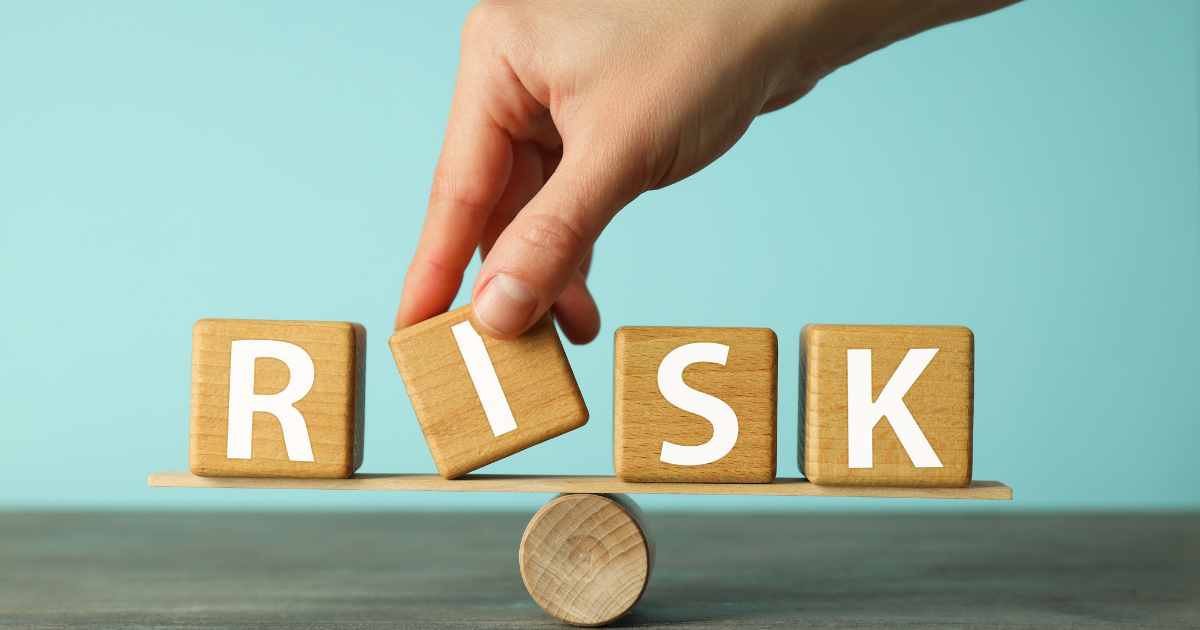Unleashing the Power of Procurement Buyers: Delving into this Impactful Role
Buyers have always played an important role in the procurement industry, helping organizations obtain goods and maintain a careful balance of speed, cost-efficiency, and quality. But in 2024, the role has never been more important.
After years of focusing on cost reduction, the majority of procurement leaders say they plan to spend more and increase workloads in 2024, meaning procurement buyers will have more power to influence change and optimize spend across the entire supply chain.
But what does a procurement buyer do, exactly? And what are the skills and certifications required to become one?
Let’s take a look at the ins and outs of procurement buying, including the job description, day-to-day tasks, educational requirements, key skills, helpful technology and more.
Procurement Buyer Job Description
A procurement buyer, also known as a procurement specialist or purchasing agent, is the person responsible for acquiring an organization’s essential goods and services. The role is essential in a range of industries, including manufacturing, retail, healthcare, construction, and more.
Regardless of industry, procurement buyers fulfill their role by finding the best suppliers, negotiating contracts, and identifying the most cost-effective, timely procurement of goods.
The best procurement buyers have a solid understanding of market trends, supplier performance, and ethical sourcing. They also make strategic decisions that optimize value and minimize costs, all while mitigating risk and staying compliant.
The financial health and sustainability of an organization often rests directly on a buyer’s ability to secure the best supplier relationships, and their decisions also have a significant impact on the company’s competitive advantage. In the end, a buyer can improve (or hinder) the organization’s productivity, efficiency, and operational effectiveness.

What does a procurement buyer do?
The daily tasks of a procurement buyer can vary from one industry to another, but the core responsibilities always come back to the sourcing of goods and services in an efficient, strategic way.
Here are some of the typical day-to-day tasks of a procurement buyer in any industry:
- Supplier management: Building and maintaining relationships with suppliers, assessing their performance, and negotiating terms for contracts.
- Sourcing: Finding potential suppliers and negotiating agreements to ensure the best terms and prices for all goods or services.
- Market analysis: Researching market trends, pricing, and industry events to make informed, data-driven decisions.
- Budgeting: Identifying the most cost-effective solutions without compromising quality or speed.
- Contract negotiation: Working with suppliers to establish the most favorable terms, pricing, and conditions.
- Risk management: Evaluating and mitigating possible risks in the supply chain, including disruptions and quality issues.
- Policy compliance: Adhering to legal and organizational procurement policies, such as ethical sourcing practices, federal requirements, and industry standards.
- Strategic planning: Creating procurement strategies that align with the organization’s goals, focusing on cost savings and efficiency.
- Data analysis: Leveraging data and analytics to drive better decision-making, track performance, and long-term improvement.
Subscribe to news from Arkestro.
No spam, just relevant procurement news and tips. You can unsubscribe at any time.
Procurement Buyer Skills and Qualifications
About 45,000 openings for purchasing buyers and managers are projected every year for the next decade, according to the U.S. Bureau of Labor Statistics. However, the overall employment of buyers is expected to decline between 2024 and 2032, meaning that those going into the industry should hone their skills and qualifications to remain competitive.
What does it take to become a procurement buyer?
Educational Requirements
A bachelor’s degree is typically required for any entry-level position as a procurement buyer. There aren’t any specific academic majors universally required for the role, but certain areas of study can provide a strong foundation for a career in the industry. Some of the most relevant majors include:
- Supply chain management
- Business administration
- Finance
- Economics
- Operation management
Degrees in international business and management information systems can also prove beneficial to the field. Internships and entry-level positions can also be highly valuable in developing the skills required for success.
Key Skills
The best procurement buyers are masters of communication, problem-solving, and analytical thinking. The role requires a combination of hard and soft skills, ranging from interpersonal and strategic to technical.
Here are some of the key skills essential for the role:
- Negotiation skills: Keen negotiating skills are crucial for achieving the most favorable terms, pricing, and contracts.
- Analytical skills: To be successful, procurement buyers must be able to analyze data, evaluate proposals, assess risks, and identify cost-saving opportunities.
- Communication skills: Clear communication is essential for interacting with suppliers, stakeholders, and team members to ensure that expectations are understood and issues are addressed quickly.
- Time management skills: Since procurement involves managing multiple tasks at once, buyers must develop time management skills to meet deadlines and respond to changing priorities.
- Adaptability: Procurement is ever-changing, and procurement buyers must be adaptable to changes in market conditions, vendor relationships, and organizational priorities.
- Problem-solving skills: When challenges arise, buyers must have the ability to analyze problems and find effective solutions.
- Finance skills: Cost optimization lies at the heart of procurement, so buyers should have a solid understanding of budgeting, cost analysis, and the financial implications of procurement decisions.

Procurement Strategies to Advance Your Buying Career
Prioritize Analysis and Harness Data: Dive deep into cost structures to optimize outcomes. Use analytical insights to establish effective KPIs and metrics.
Stay Strategic: Look at the big picture of procurement’s impact on company goals. Collaborate with stakeholders for alignment.
Embrace Digital Transformation: Develop a comprehensive digital vision for procurement processes. Transition to automated solutions to enhance efficiency and streamline operations. Embrace AI; don’t fear it – leverage its power!
Tools and Technology for the Modern Procurement Buyer
Procurement buying can be a competitive industry. But those who leverage the right tools and technology can position themselves for success. Here are some tools to help advance a career in procurement.
e-Procurement Software
Requisitions, approvals, and order management can be extremely time-consuming for new procurement professionals. However, e-procurement software eases these processes by helping automate workflows, optimize spending, and improve collaboration between suppliers and buyers. Procurement buyers can leverage these tools to control costs and increase efficiency across the department.
Spend Management Tools
With spend management tools like predictive procurement orchestration (PPO), modern buyers can harness the power of data to gain insights that drive real action. The latest advances in AI and machine learning make it possible for buyers to leverage suggested offers and shorten cycle times. Likewise, analytical insights can help establish more effective KPIs and metrics, which allows organizations to scale influence without increasing headcount.
Contract Management Tools
By automating tasks and providing insights, contract management tools streamline the entire procurement contract lifecyle. Procurement buyers can use these tools to help with contract creation, approval workflows, renewal notifications and more. Dashboards within the platform offer insights into contract performance, expenditures, and compliance.
Supplier Management Tools
Supplier management tools centralize critical supplier data into one hub, helping to enhance transparency and visibility across the supply chain. They automate tasks like supplier onboarding and performance evaluation, so procurement buyers can focus more on collaboration and strategic relationships.

Optimizing Procurement Buying with PPO
Procurement is a dynamic industry, affected by market volatility, supply chain risks, and evolving regulatory requirements. As the demand for ethical, sustainable sourcing increases, procurement buyers face greater pressure to balance cost savings with quality products and services.
Luckily, new technology can help procurement buyers achieve success in a time of complexity. For example, predictive procurement orchestration (PPO) leverages machine learning to help buyers drive better buying decisions, faster and at scale.
PPO allows procurement buyers to extend their reach without putting in more hours. Here are just a few of the benefits:
- Manage more spend
- Shorten cycle times
- Run more competitive events
- Quickly identify opportunities
- Improve supplier relationships
- Speed up negotiations
- Mitigate supply risks
- Reduce costs
- Amplify procurement’s influence
Take Procurement Buying to the Next Level with Arkestro
As procurement teams increase spending and workloads in 2024, buyers will have their moment in the spotlight. But to achieve the highest level of success in their role, procurement buyers must embrace the latest technologies that help to optimize spending, increase efficiency, and drive results.
If you’re ready to kickstart your journey in procurement — or take your career to the next level — Arkesto can help. Get in touch today to find out how our PPO platform is advancing the procurement process and helping organizations gain a competitive advantage.
